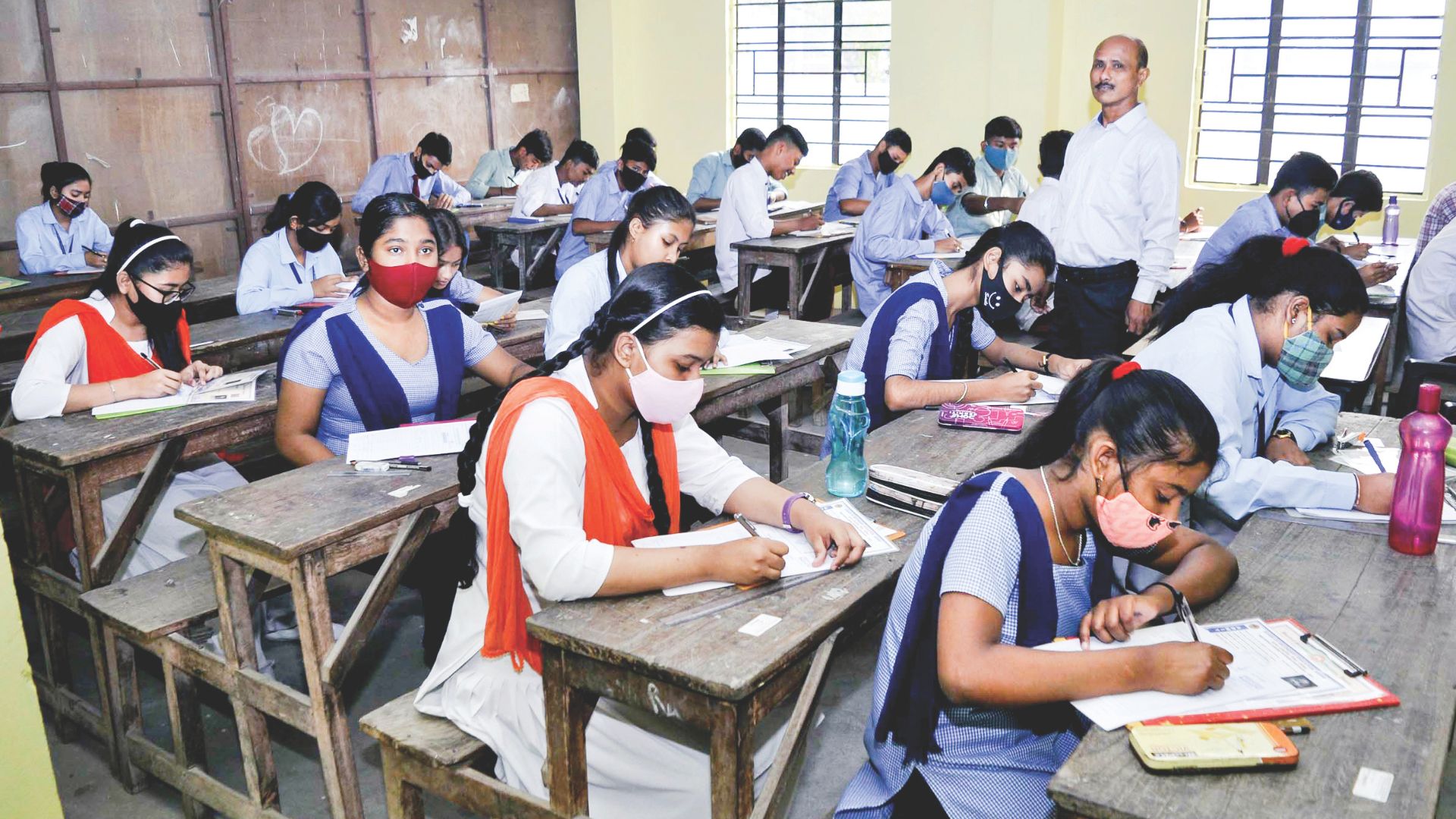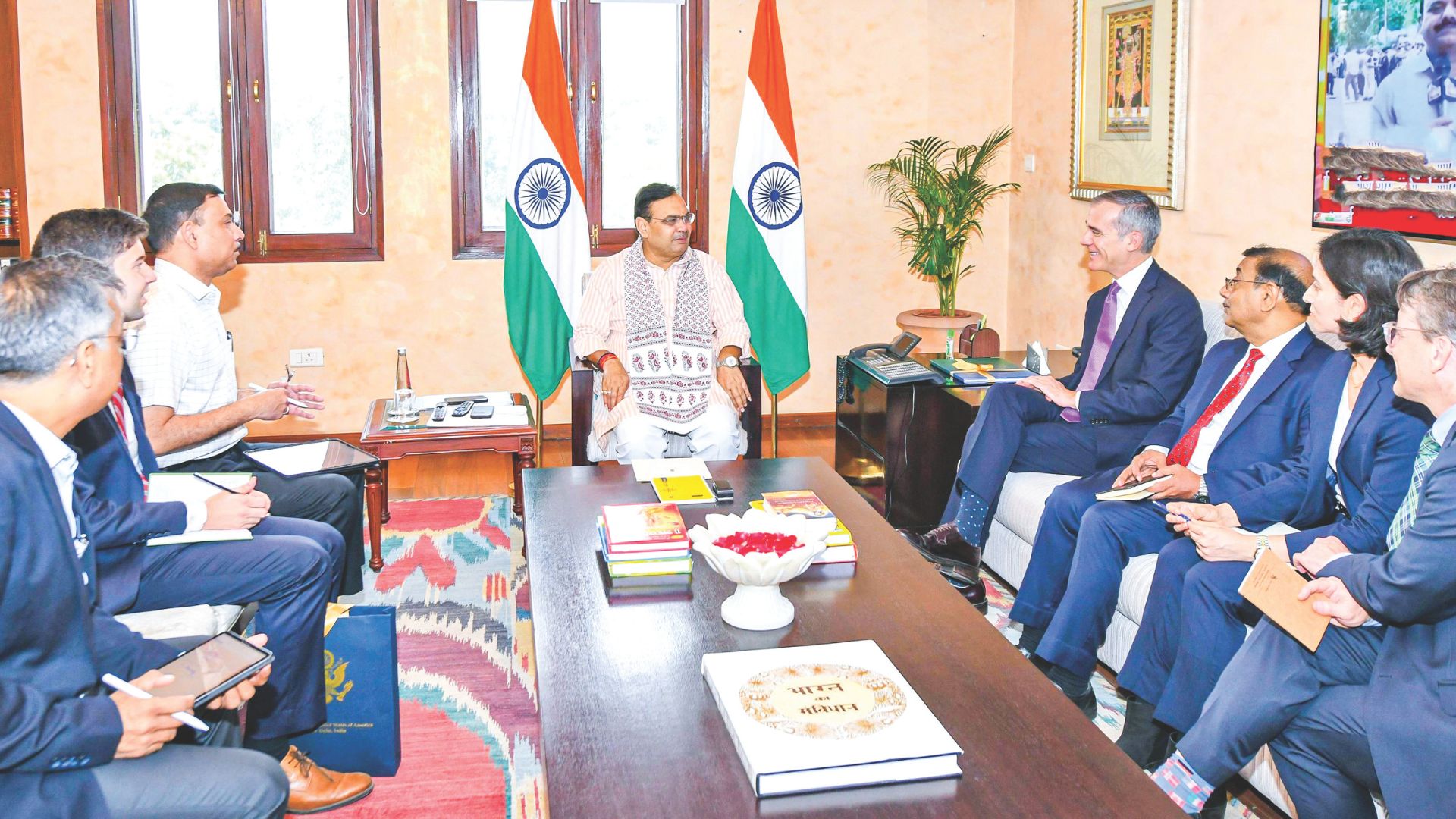
The Delhi High Court allowed the removal of a 33-week-old foetus of a 26-year-old married woman and said the ‘ultimate decision’ in matters of abortion ought to recognize a woman’s choice.
Meanwhile, Delhi High Court said that the mother’s decision is paramount. The court said, “In conclusion, the court holds that the ultimate decision in such cases ought to recognize the choice of the mother as also the possibility of a dignified life of the unborn child…This court holds that medical termination of pregnancy ought to be permitted in the present case.”
“The right of a pregnant woman to terminate her pregnancy or abort her foetus has been the subject matter of debate across the world. This right gives the woman the ultimate choice as to whether she wants to give birth to the child she has conceived. India is among the countries which recognize this choice of a woman in its law,” the court said.
However, after the order of the Delhi High Court, the committee of doctors of Loknayak Jayprakash Narayan Hospital said that the removal of the foetus is not right.
After this, the High Court talked to some doctors and ordered the removal of the foetus.
The woman had sought permission to remove her 33-week-old fetus. It was stated in the petition that since the conception, the petitioner had undergone several ultrasounds.
The court allowed to undergo medical termination of pregnancy immediately at LNJP, GTB, or any other.
Moreover, the court said weighing all factors the petitioner was taking an informed decision to terminate her pregnancy.
However, the court also talked about the ‘severe dilemma’ that women undergo while deciding to terminate a pregnancy.
“The emergence of modern technology to detect abnormalities in an unborn child, the issues surrounding termination and abortion are bound to become more and more complex. Such technology coupled with the unpredictability of the degree of an abnormality even by medical practitioners throw challenges to the manner in which a society may grow in the future,” the court said.
Earlier on 12 November, an ultrasound examination revealed that the fetus in the woman’s womb had a cerebral disorder. The petitioner woman underwent a private ultrasound examination on 14 November to confirm the ultrasound test. In that too, a cerebral disorder was detected in the fetus.
Furthermore, The counsel appearing for the petitioner cited a judgment of the Bombay High Court and the Calcutta High Court that allowed the removal of the fetus under Sections 3(2)(b) and 3(2)(d) of the MTP Act.















